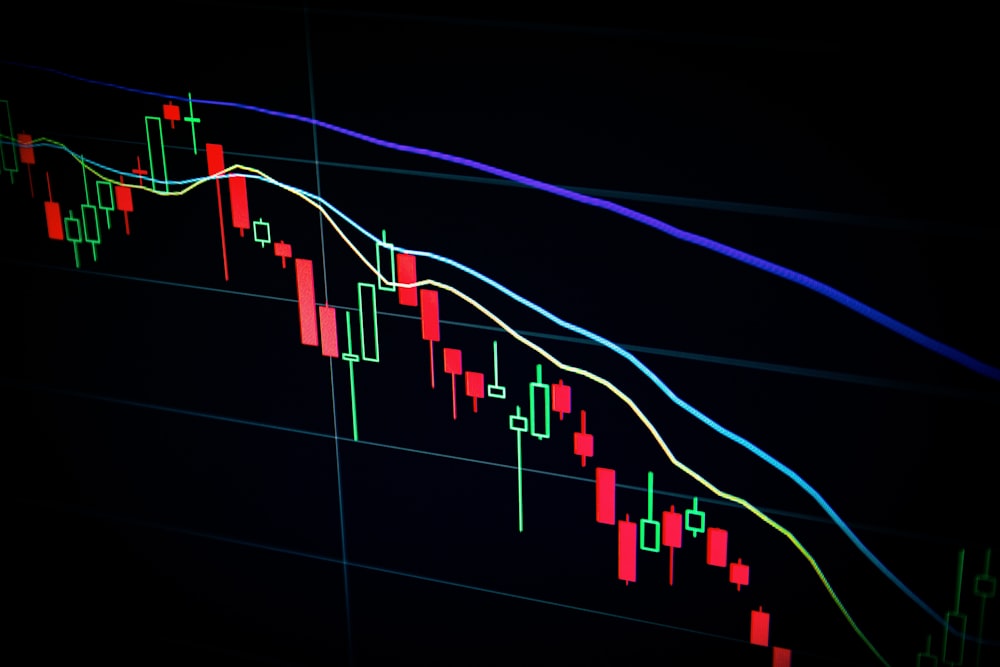Despite this theoretical capacity, Greg Abel has not indicated any intention to deviate from Buffett's traditional investment approach, which prioritizes assets with tangible cash flows rather than speculative assets like Bitcoin. Notably, Berkshire does have indirect exposure to the cryptocurrency sector through investments in companies like Nu Holdings and Jefferies Financial Group.
Further complicating the matter, Berkshire's cash reserves also consist of $295.98 billion in U.S. Treasury bills, suggesting a strategic positioning without clear intent toward cryptocurrency purchases. Market analysts predict a surge in corporate treasury-driven crypto inflows by 2029, yet Berkshire Hathaway's stance on this remains uncertain for now.
From a crypto investor's perspective, Berkshire's actions serve as a litmus test for broader institutional acceptance. A shift in strategy could influence market dynamics significantly. As potential investors consider this, it highlights the importance of broader acceptance and the evolving relationship between traditional finance and cryptocurrencies.
Whether Berkshire will engage in direct Bitcoin investments under new leadership is speculative, but its current indirect strategies may continue. Only time will tell if Abel leads the company to embrace Bitcoin fully or if it remains on the periphery.




